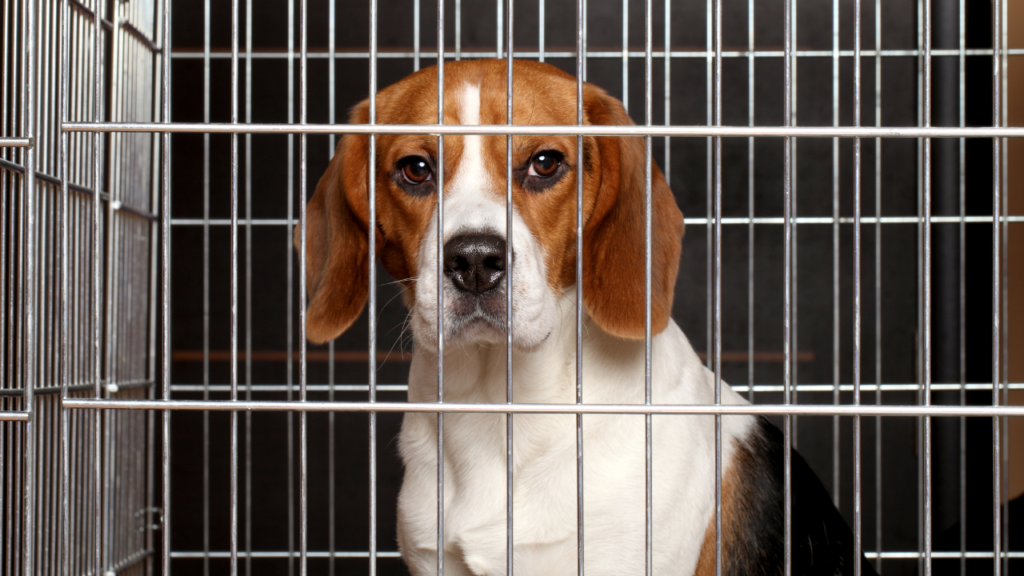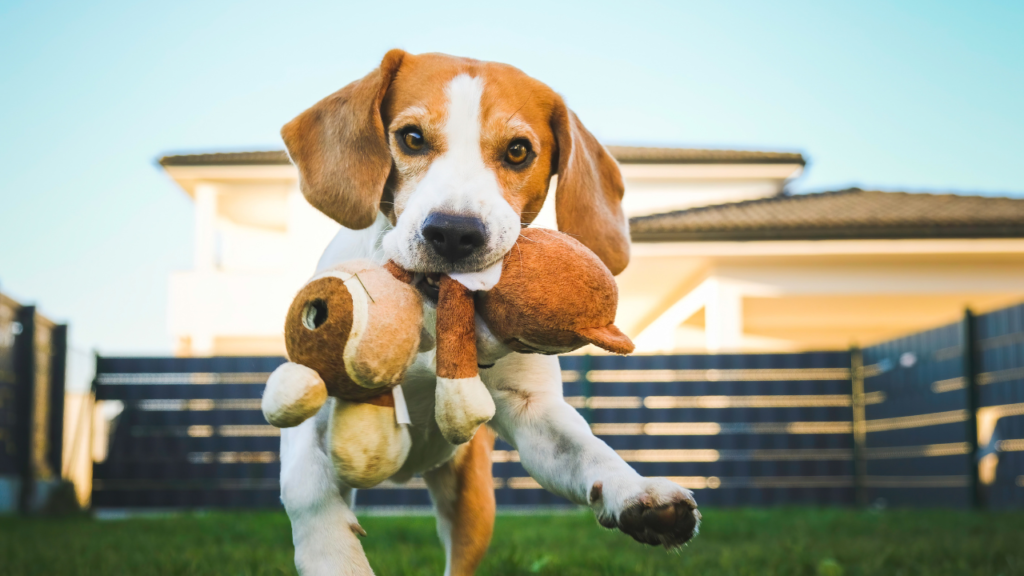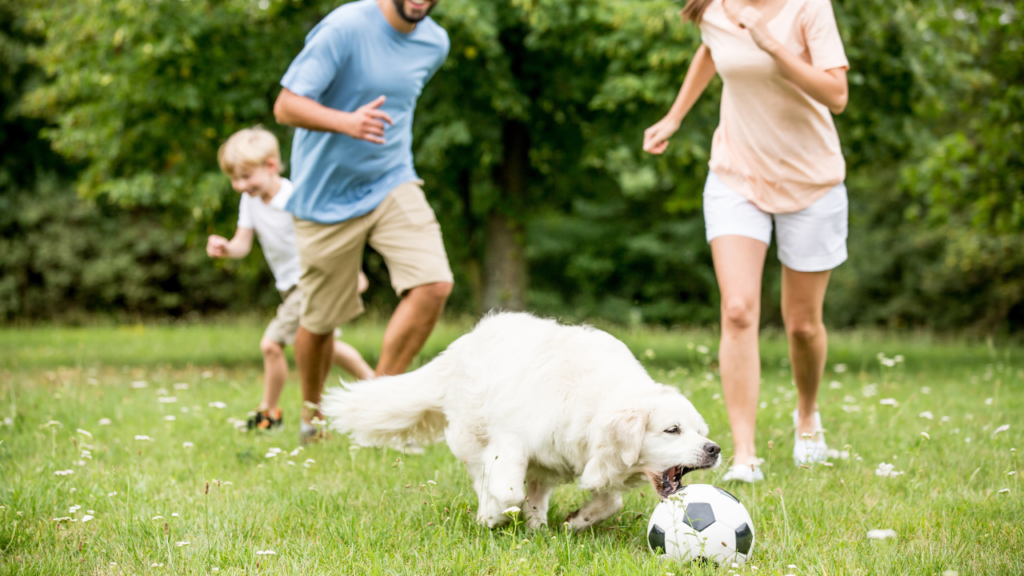
Have you ever wondered about why do dogs run away? No one loves us more than our pets, who are always loyal in their search for human affection. However, like many people, they are easily distracted and can flee at the first sight of something exciting – a squirrel, for example, would drive many a pup out of the home or garden faster than a bullet.
Even a good boy will run away from time to time, but there are some measures you can employ to keep your beastie safe and secure. After all, a loose dog is a formula for disaster. So, why do dogs run away? We’ll go over the reasons and offer some suggestions for getting children to stay at home.
Why do dogs escape?

There is no single cause of running away, and you will need to consider several aspects before determining why your dog has decided to become an escape artist. We’ve covered the most typical scenarios, but sometimes you’ll need to visit the vet or consult a behaviour specialist to get to the bottom of it.
Intrigue
As previously said, the sight, sound, or scent of something interesting might send your dog off. They may see their greatest companion, a cat, or their favourite human and try to get out. To address this behaviour, the ideal solution is to create a secure system, such as a high fence, that prevents escape.
Boredom
On the other hand, a dog that isn’t getting enough exercise or attention may decide to take matters into their own hands and walk away. For the most part, you should not keep a puppy outside for an extended period of time because it is the easiest place to escape. A bored dog, on the other hand, will engage in other mischief, and you’ll want to get to the source of the problem by ensuring they’re getting enough stimulation.
Fear
Your pet may break through the fence out of excitement or boredom, but they may also flee from something frightening. According to WebMD, around one in every five pets go missing as a result of a loud noise. Make sure Fido is safe during fireworks during the Fourth of July.
Separation anxiety
Basically, every dog jumps for delight when their humans arrive home to greet them, but certain friends will take it a step farther. They grow so worried after your absence that they become destructive, have potty accidents, or attempt to flee. Your dog may simply be looking for you, but it is still unsafe for them to be out without you. That’s why you should keep them inside when you leave.
Sex Drive
Yes, you read that correctly. An intact dog, particularly a male, may take to roaming off in quest of a mate. The simplest solution is to take a quick trip to the vet, and we recommend discussing spaying or neutering with a specialist if you are not actively reproducing.
Here’s how to prevent your dog from running away.

To keep your dog safe at home, pay close attention to their specific triggers and indications. In addition, use these basic practices to help your pet stay.
- Provide your dog with plenty of attention every day, including walks and playtime.
- Leave some chew toys and a new dish of water available while you’re gone to keep them occupied.
- When you’re not present, keep your friend inside so they can’t escape easily.
- If you are going to be gone for an extended period of time, take them to doggy daycare or hire a dog walker.
- Teach your pet commands such as “stay” and “come,” which are useful in a hurry; don’t forget to practise until they master them.
What if your dog escapes?
While you want to focus your efforts on training your animal to stay there, even the most prepared pet parent may experience their worst nightmare: your dog escapes and you can’t find them. Before you start hunting for your best friend, open a door that they usually utilise. Your dog is likely to return on their own, especially around mealtime. Then, stock up on their favourite treat and visit their hotspots, such as the local dog park, first.
Call your dog’s name as you walk and keep an eye out for them. If you haven’t been reunited in a short period of time, publish on social media or in a local group. Include a photo, identifiable markings, their name, and your phone number. You can also contact shelters or other organisations to keep a watch out.
Having an escape artist for a dog might be a stressful experience, but you can usually keep them from escaping. Invest in sturdier fencing, chicken wire, and heavy-duty locks as needed to limit their potential to escape. That, combined with some extra training and playing, will persuade your dog to stay by your side.
